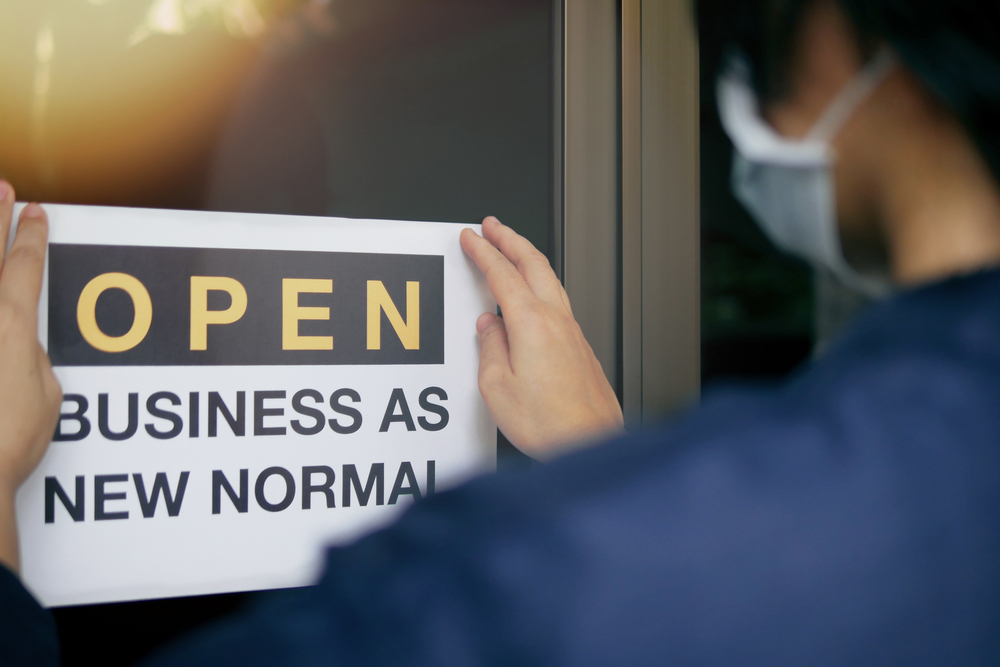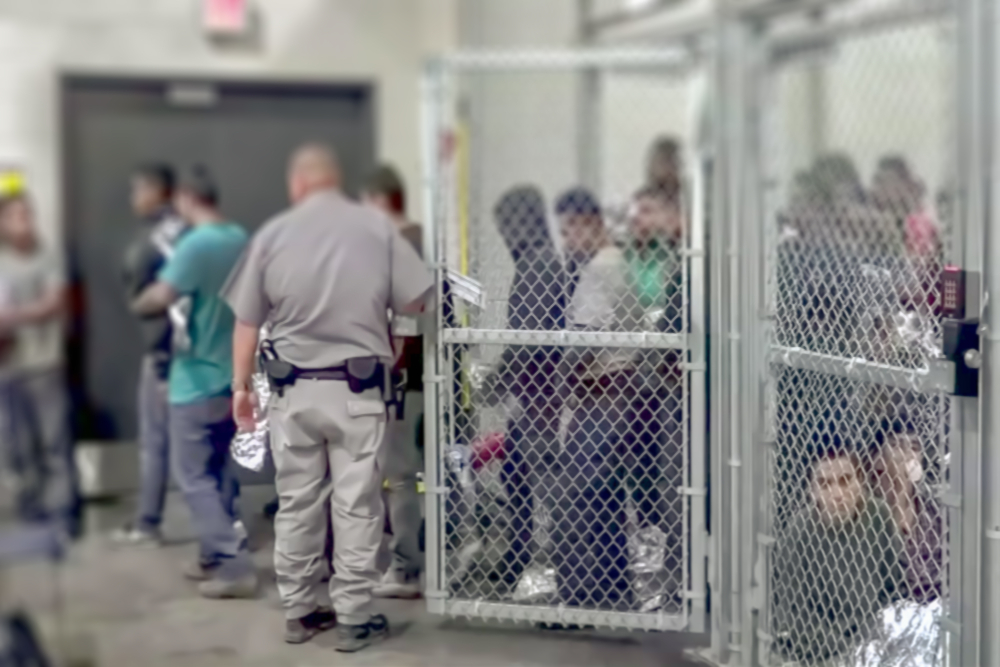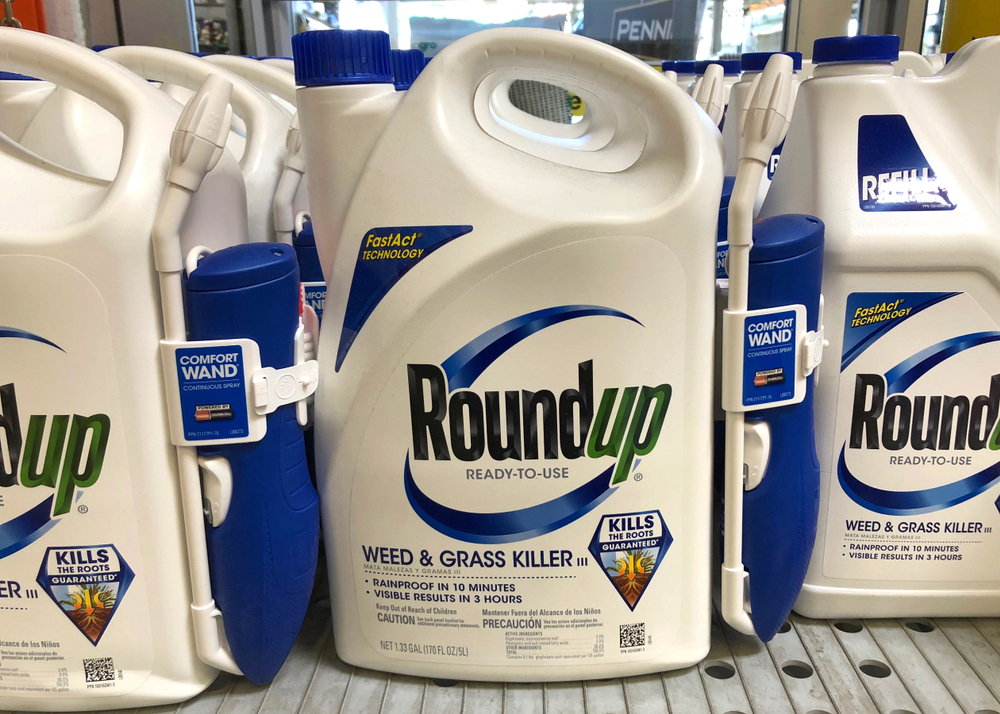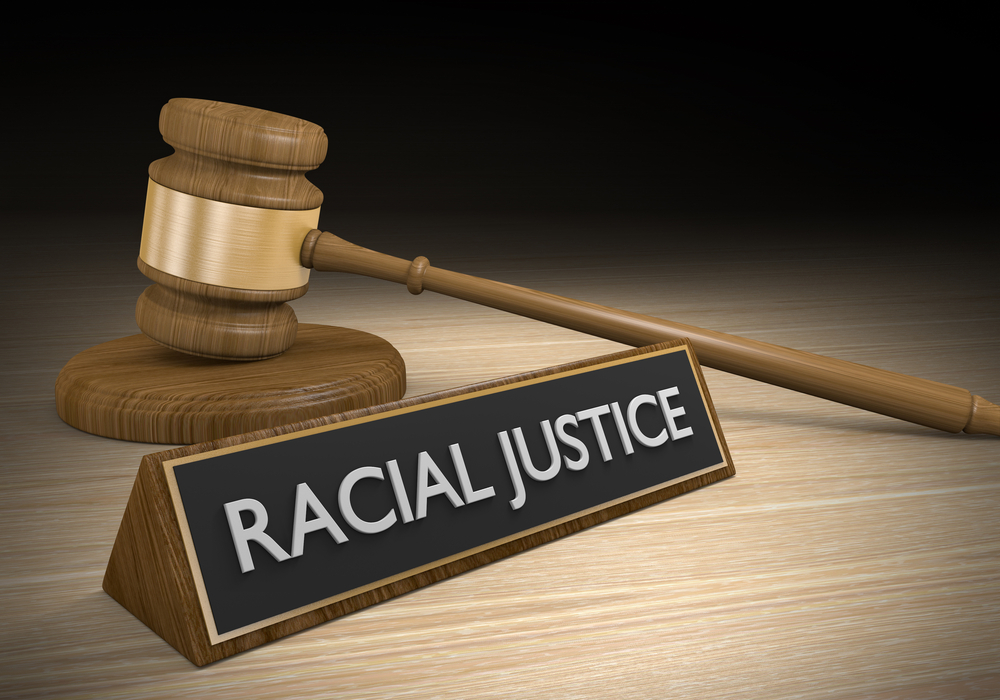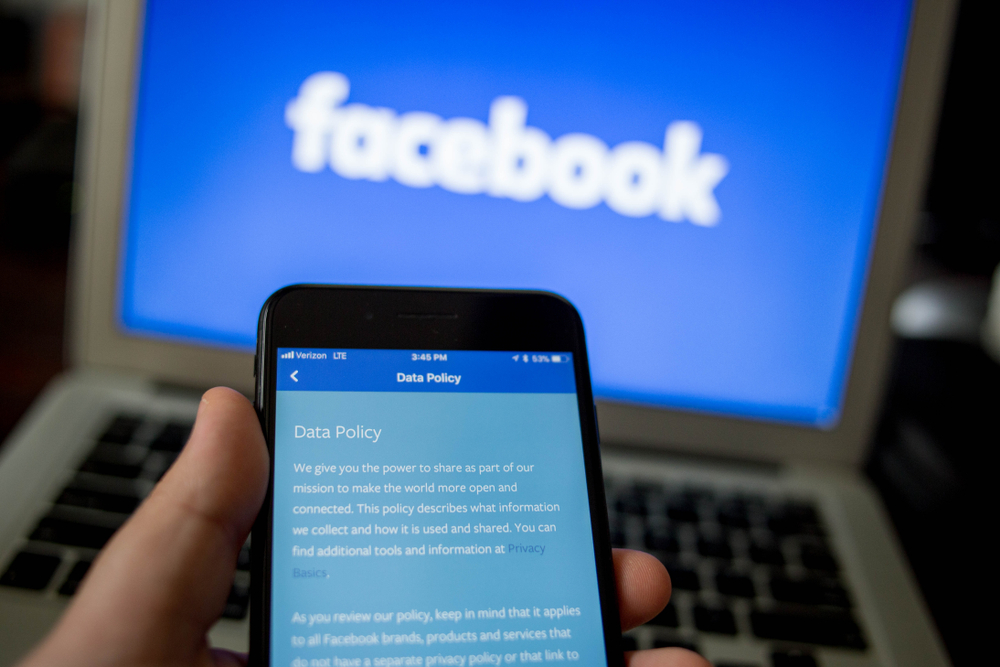As small businesses begin to open back up, liability related to the coronavirus will likely be their biggest concern.
There are already efforts under way to prompt the federal government to limit the liability such businesses face, but there are also steps businesses and their employees can take on their own to reduce the risk of lawsuits.
Safety precautions are a huge step toward avoiding liability, said Karen Harned, executive director for the National Federation of Independent Business (NFIB)- Small Business Legal Center, which advocates for businesses with 10 or fewer employees.
“We did a survey recently that showed that for 70% of our members, that is where their top concern is, liability when reopening. We are advocating for some liability protections in light of COVID. We are specifically asking that there be no liability unless there is actual physical injury,” Harned said. “If owners are doing their best to use best practices, they have a plan for keeping their businesses clean, then they should be immune from lawsuits.”
RELATED: Businesses find insurance doesn’t cover pandemic
RELATED: Face masks just the latest of public safety battles
Harned said there are legislative initiatives under review to limit liability. “Congress is having hearings on it. “It is my understanding that it will be part of Stimulus 4 or whatever they call it. It isn’t going to happen this week, because nobody is super eager to move that quickly, but we might see something by July 4.”
With 300,000 members in all 50 states, NFIB is also working to ensure that when an employee is involved in a coronavirus claim, it will be handled through Workers Compensation, Harned said.
Deborah Berkowitz, Worker Safety and Health Program Director for the National Employment Law Project, also cites Workers Compensation as the best protection for employees.
“First, all employers should follow the CDC (Centers for Disease Control) guidance on social distancing, masks, stepped-up sanitation and providing frequent access to hand sanitizers and hand washing, communicate about cases at the workplace, increase fresh air into workplaces, etc.,” she said. “This will mitigate the spread of the COVID-19 in the workplace for their workers. As to liability for those that get sick, in 49 states (Texas is the only exception) all private employers carry Workers Compensation insurance.”
Workers Compensation is in place to provide medical care and partial reimbursement of wages for workers who get sick on the job.
“Under the state's Workers Compensation laws, workers cannot sue their employer if they get sick or injured on the job-- even if the employer was negligent,” Berkowitz said. “In almost all cases, workers compensation is the exclusive remedy for workers who get injured, sick or die on the job. Only in the very few cases where the worker can show intentional acts, can a worker file an intentional tort case — and every state statute is different on the requirements for these.”
“COVID is everywhere and we are learning things about it, but we still don’t know everything,” Harned said. “You can’t control all the customers coming into our businesses” but businesses can control how well they handle the situation through best practices.
And employees can help each other remember to follow safety precautions.
John Noseworthy, former CEO of the Mayo Clinic in Rochester, Minnesota, noted in an article for the Harvard Business Review that people should speak up if they see their colleagues failing to follow best practices. He mentioned a nurse who confronted him when he failed to use hand sanitizer when exiting an elevator.
“If everyone in our system will speak up to forgetful colleagues, no matter their level or position, we can avoid most incidents of preventable harm,” he said in the article.
Insurance can also help.
SHRM, the Society for Human Resource Management, recently published an article on its website to inform small businesses of the risk the coronavirus poses and the types of insurance they can procure to limit exposure.
For example, commercial liability insurance can protect a business from financial loss, including property damage, business operations or employees. This type of insurance protects business owners from the costs associated with bodily injuries, medical expenses, personal injury, or third-party property damage. It can also protect from litigation.
“When it comes to COVID-19, general liability policies should provide coverage and allow you to defend claims,” the SHRM article says. “It should be noted that, in order for a claim to be valid, the claimant would have to allege the virus was contracted due to the insured's negligence and detail how, when and where they got sick — all of which could be difficult to pin down.”
Businesses should review the scope of their Directors and Officers insurance policies to confirm they are covered, should coronavirus issues arise.
Examples SHRM gives for where a business may be covered with such policies include:
- A healthcare worker who contracts the coronavirus at the hospital where they work.
- An airline employee who contracts the virus from a passenger.
- A hospitality employee who contracts COVID-19, later linked to a large event that employee worked.
Safety is of utmost importance when it comes to legal liability surrounding this global pandemic.
It will still take more time to sort it all out, but Harned said she feels confident small businesses will get the protection they need.
“I’m feeling pretty good about the efforts that are ongoing, because I feel like there is a lot of understanding and appreciation for what is happening,” Harned said. “70% is a huge concern in every district in America. I don’t care what bent you are, politically, you are going to care what your constituents think. If you want businesses to reopen, you have to give them protection.”

